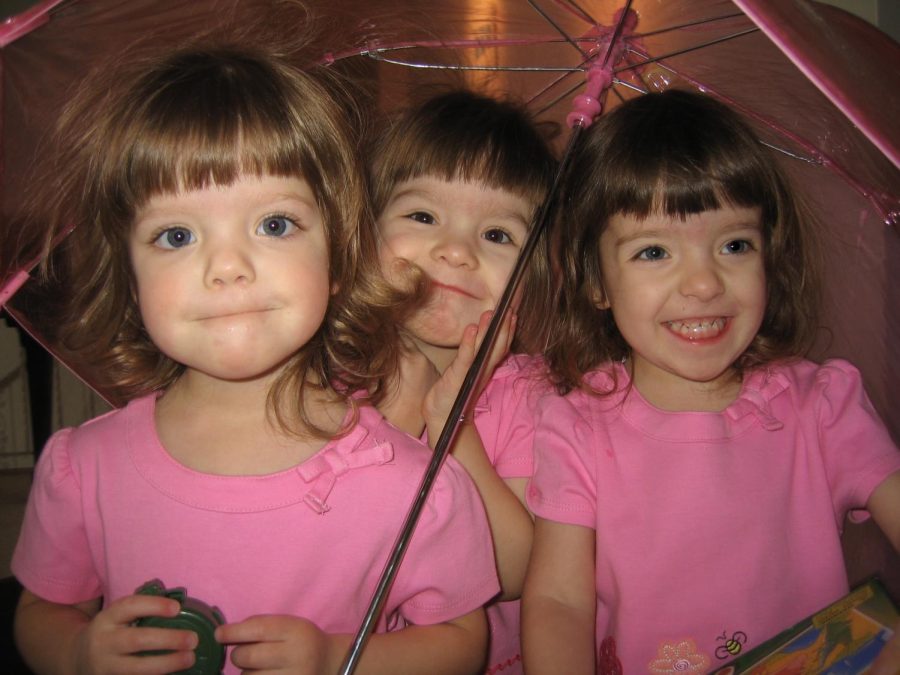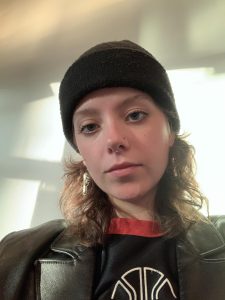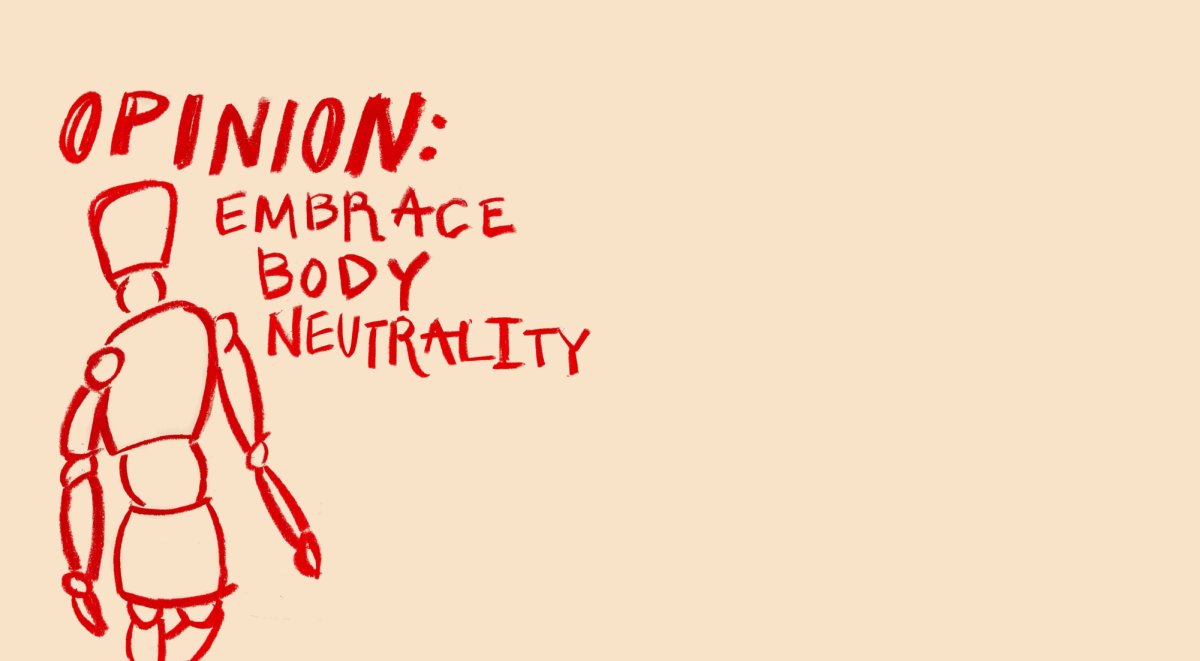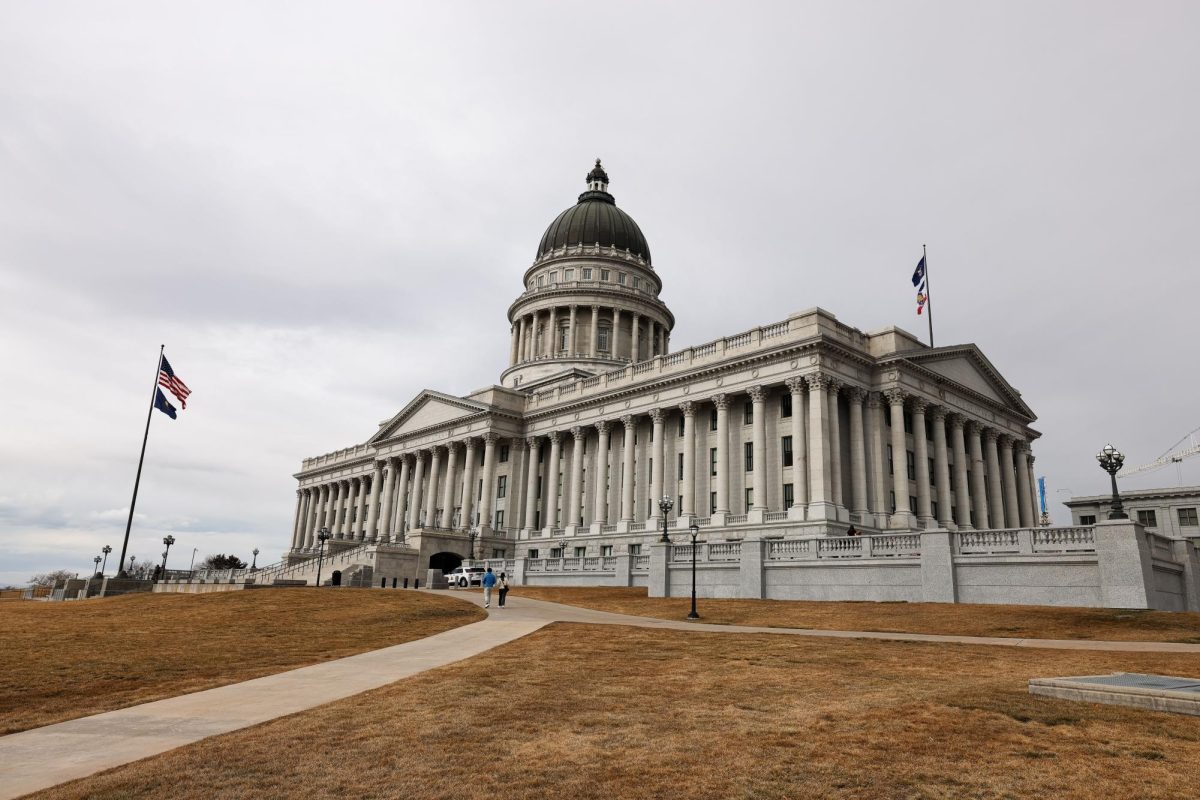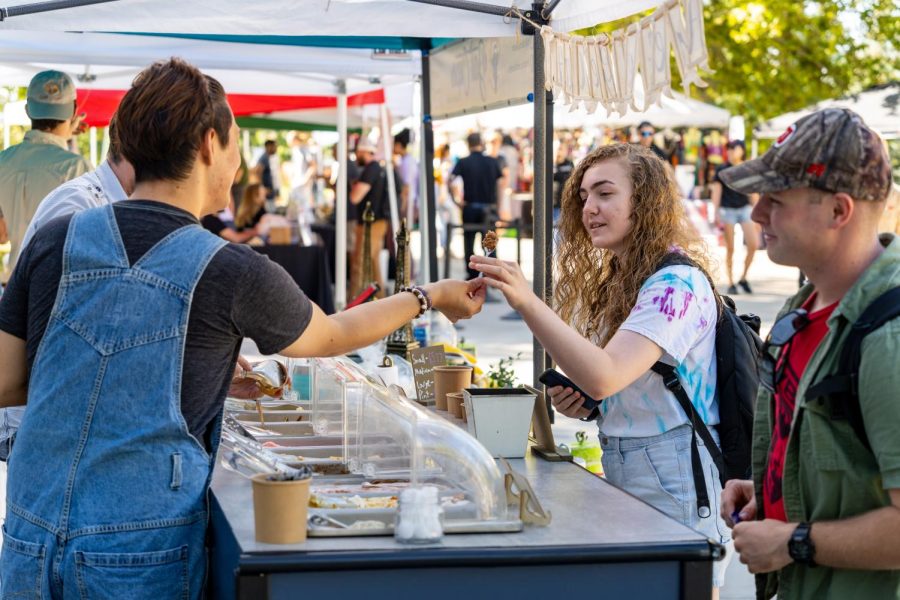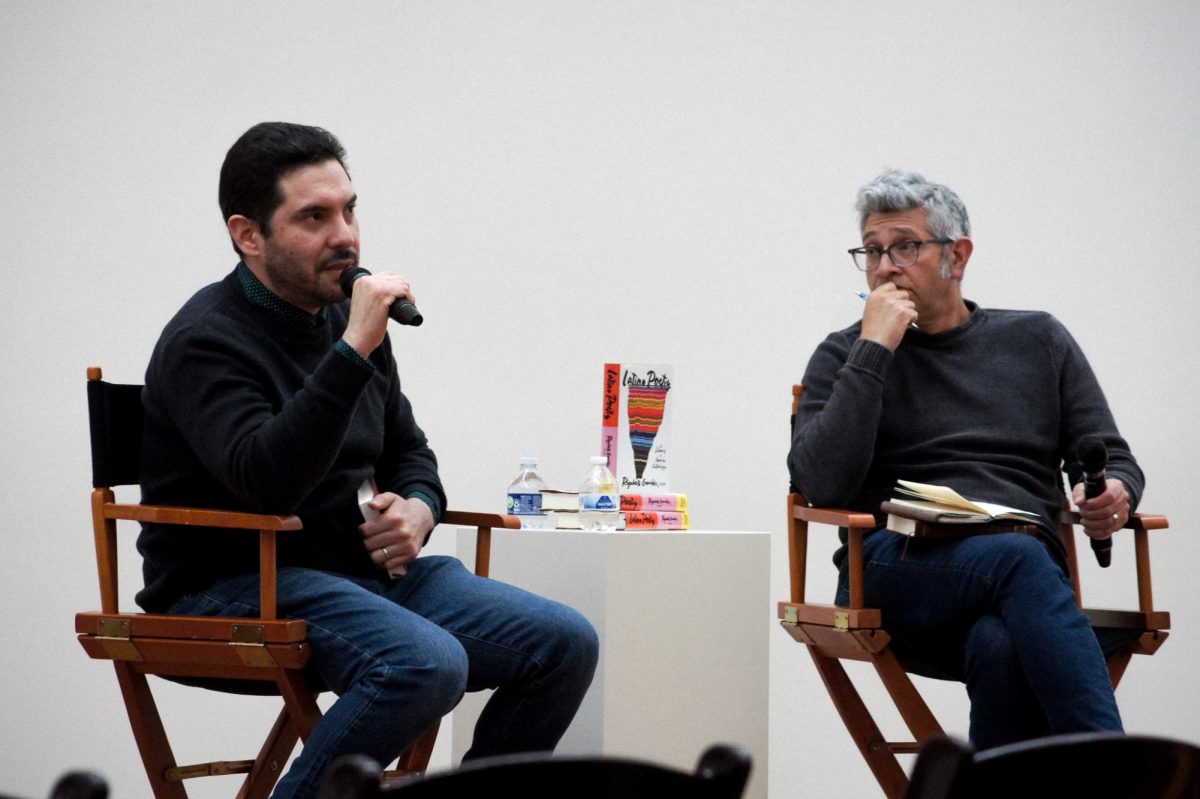Jarvis: Call Twins and Triplets by Their Names
June 7, 2023
I was born two minutes after one of my siblings, who was born one minute after the other. Doctors called us Baby A, Baby B and Baby C. At home, we were referred to as “the triplets,” to make things easier for our family of nine. The three of us opposed the label, insisting that we were separate.
Children who are multiples should be treated as individuals and given choices by their parents to reinforce this. Other family members, teachers and peers should also be aware of how they consider multiples.
My Experience
There were other sets of triplets close to our age in the area, which was predominantly LDS and upper-middle-class. The religion emphasizes the role of women as mothers, so wealthier LDS families are likely to pay for fertility treatments like in-vitro fertilization if they need them. This is what my mother did, which resulted in me and my siblings being born.
The number of triplet births has reduced significantly since 2003, when I was born. This is partially because doctors now recommend the transfer of only one embryo for reproductive technologies such as IVF. However, there are still many twins, triplets and other multiples who we must consider that are not conceived via IVF.
My siblings and I shared a room at home, among other things such as toys, friends and extracurricular time, especially when we were younger. Sharing is an important part of forming relationships at a young age, and it was good for us. However, there were some things that we wanted to keep separate. Our parents did not force us to dress the same, though I knew some twins whose parents did. The three of us wore matching clothes sometimes but quickly learned that we wanted to express ourselves individually.
Other Experiences
To understand more perspectives on being a multiple, I spoke with Kate and Emily Williamson, students at the U. They are also identical twins.
Some of their experiences resonated with my own as a triplet.
“It’s interesting never being referred to as yourself, but always, like, the twins, which I think makes identity a little hard to find,” Emily said. Meanwhile, Kate stated that their “parents worked really hard to try and make sure that we didn’t have matching clothes and that we always felt like they valued us independently.”
But comparison from others was one of the hardest parts of growing up a twin, Kate explained.
“It makes you feel as if your childhood is relatively the same, and if a lot of your DNA is the same and you’re twins, people are like, ‘Why can she do that and you can’t?’” Social comparison between siblings can be linked with more depressive symptoms, especially in siblings that are close in age.
Comparison
My siblings and I are fraternal, not identical, but people still grouped us together and compared us with each other. An older girl once assigned us labels along the lines of the cute one, the smart one and the other one. Especially as children, it hurt to be labeled superficially with no attempt to understand us as individuals.
We were compared to each other by family members and friends from the start. This meant I compared myself with my siblings too, which was difficult because we have different skills and abilities. Thus, it was essential for me to have access to different hobbies and friends from my siblings, as well as find my own space at home and school.
Some people feign outrage when they learn that I’m a triplet because I did not tell them. Though they feel entitled to this information, it’s not vital to understanding my identity. It’s just as relevant to my relationships and sense of self as the fact that anyone has siblings. As a child, others insisted that my family was central to my sense of self. The religion I was raised in enforced this by teaching me that my identity was to be a future wife and mother. Family was the only context where I considered my identity, so I didn’t feel like I knew who I really was.
I basked in the few situations where I was without my siblings, with separate friends or at clubs at school; especially if these people did not know I was a triplet. I needed space to figure out who I was, without parents, teachers and friends deciding for me. When others supported us in our separate choices and treated us as valuable individuals without comparison, we were able to figure out our own goals and interests without resenting each other. All children who are multiples need this support.
I can’t prevent my peers from being surprised or curious when they learn that I’m a triplet, and I don’t mind talking about it. But they must understand it doesn’t define me. As Kate said about being a twin: “I feel like it’s just one part of my identity now. It’s not the most major component of who I am.”
I know that my sense of self goes beyond language. But growing up, being referred to as “the triplets” made me feel like people did not see my individuality. I prefer to be called by my name.
As time passes, my triplet siblings and I grow closer together. Today we rent a place, have dinner together often and occasionally play music with each other. But we needed our space and individuality before we could get where we are.


